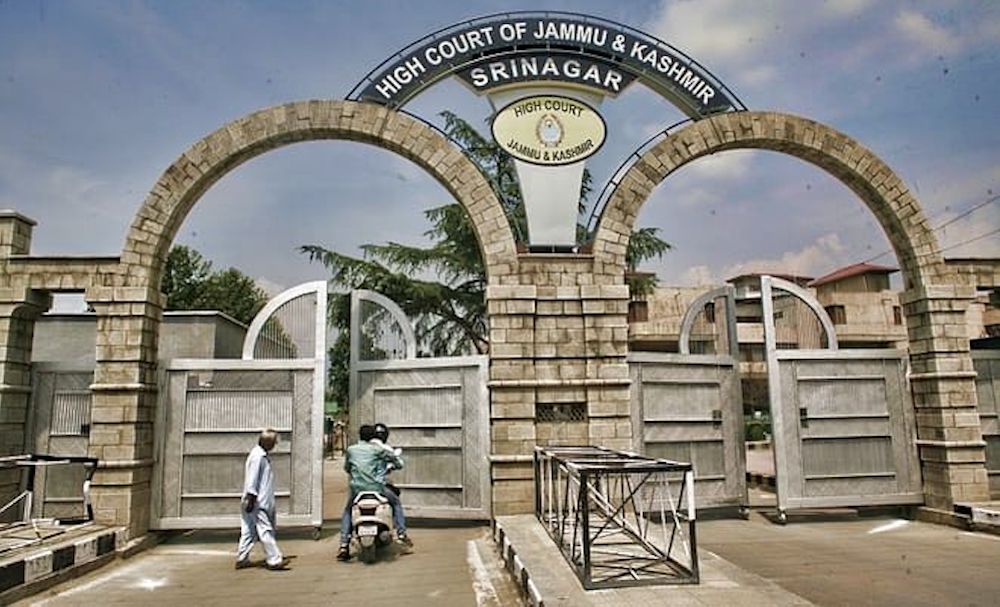


The Jammu and Kashmir and Ladakh High Court in the case Union of India Vs Jagjeet Kour observed and has held that the expression ‘sufficient cause’ in Section 5 of the Limitation Act cannot be liberally construed just because a government department is seeking the condonation of delay.
The bench headed by Justice Javed Iqbal Wani in the case observed and has dismissed the application moved wherein seeking condonation of a 65-day delay in filing a review petition by the Union of India.
The court in the case observed and has emphasized that the government departments are equally being bound by the law of limitation and must provide cogent and plausible explanations for delays.
Facts of the case:
In the present case, the bench of Justice Wanu was hearing the Review petition which arose from a writ petition filed by Jagjeet Kour, wherein seeking the compassionate appointment following the death of her husband, who being an employee of the Union of India.
The Single bench of High Court in the case observed and has directed the Union to offer compassionate appointment to Kour within four weeks. Thus, the Union seek to challenge this order through a review petition, but filed it 65 days beyond the prescribed period of limitation.
It has been argued by the Union before the court that the delay was caused due to administrative processes, including record collection, legal advice, and inter-departmental consultations.
Further, it has been contended by them before the court that government departments should be given more leeway in matters of condonation of delay.
Observations Made By Court:
The court in the case emphasized that the law of limitation must be applied rigorously, even in cases involving government departments.
The bench in the case referred to several precedents, which includes the pivotal case of ‘P. K. Ramachadran v. State of Kerala,’ wherein it highlighted the necessity for a sufficient and plausible cause for condoning delays.
The court in the case observed and has expressed dissatisfaction with the explanation provided in the application.
the bench of Justice Wani in the case stated that it lacked specificity regarding when the order was received, thus, when the said matter was considered at various levels, and when legal advice was sought and obtained.
The court noted that the explanation presented was neither plausible nor sufficient to warrant condonation of the delay.
The court stated that the explanation offered in the application per-se is casual and cryptic and even the affidavit accompanying the application in support thereof is having filled in blanks and manifestly a stereotype one.
The court while considering the facts and circumstances of the case observed wherein the application is moved seeking condonation of delay was dismissed, leading to the consequent dismissal of the accompanying Review Petition.
Accordingly, the court dismissed the application.